Mythmaking, Mega-events, and Coercion: Autocratic Legitimation in Kazakhstan and Azerbaijan
Dr. Sofya du Boulay
When? Tuesday 13th of May, 15:15-17:00
Where? Seminar room, 9th floor, Niagara or online: https://mau-se.zoom.us/j/64306600653
Abstract:
What constitutes legitimate order in modern autocracies? This research argues that the persistence of autocratic domination evolves beyond simple mechanisms of repression but represents a dynamic process of nurturing public consent and imitating socioeconomic progress. It explores why and how the autocratic regimes in Kazakhstan and Azerbaijan are remarkably resilient, despite domestic policy failures, mass protests, and suffocating geopolitical alliances. Drawing on comparative political analysis, this study analyses the stabilisation mechanisms of autocratic self-justification through three complementary sources: discourses, spectacles, and repression. Input discourses serve as a coherent body of political arguments, normalising official narratives about the suitability of existing authority structures and state-building processes. To maintain power, modern autocracies need to adapt to global norms and spectacles. Kazakhstan and Azerbaijan host mega-events to increase their international recognition, exercising a balancing act between inherent political vulnerability and stability. Mega-events satisfy elite ambitions to reinvent and promote national identity under increased media exposure. Coercion prevents the opposition from rebelling against those in power, ensuring regime survival once discourses and spectacles are unavailable as alternative sources of legitimation. Through document analysis and sixty expert interviews collected in Baku, Astana, and Almaty this work traces the evolution of regime practices, actors, and events involved in formulating the right to rule in Kazakhstan and Azerbaijan between 1991 and 2022.
Speaker:
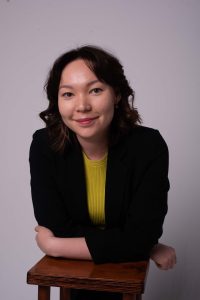
Dr. Sofya du Boulay is an authoritarian politics scholar with a special interest in Central Asia and Caucasus, she is currently a visiting fellow at the University of Sussex. Published on politics of succession, legitimation, post-Soviet legacy in Communist and Post-Communist-Studies and Problems of Post-Communism. She has worked for various international organizations including the Norwegian Helsinki Committee, the UN Population Fund, and the UN Economic Commission for Europe and is passionate about research community building: USTA Mentorship Program



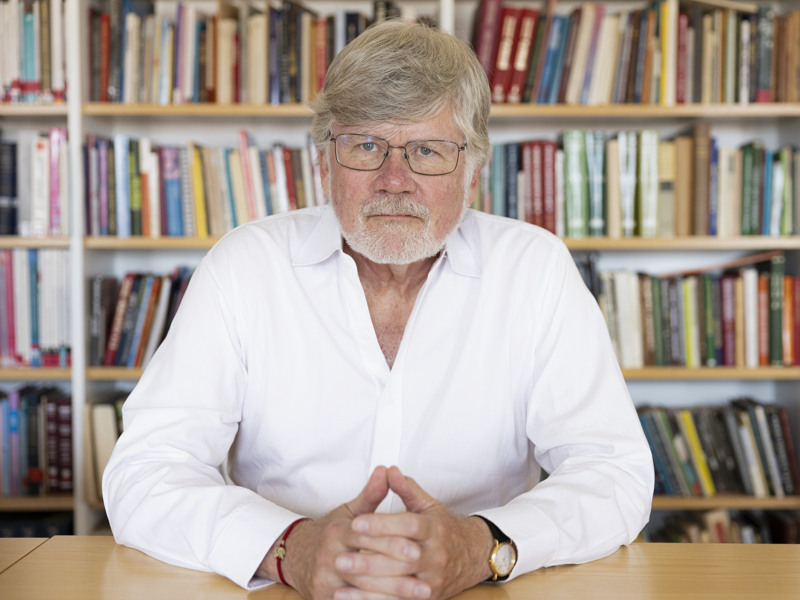
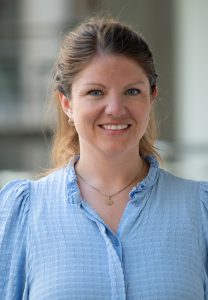
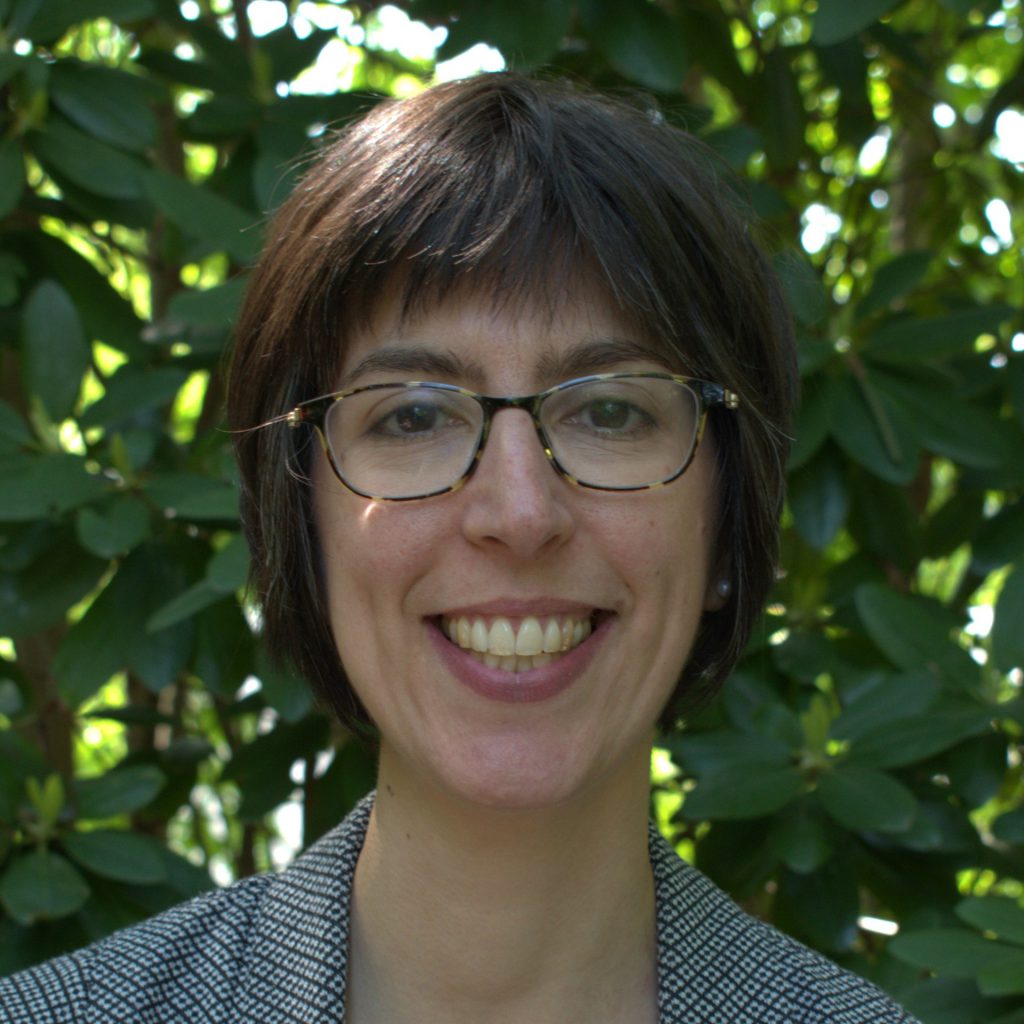 Dr. Leila Wilmers is a Regional Scholar at Cornell University’s Einaudi Center for International Studies and teaches in Cornell’s Department of Sociology. She has a background in peacebuilding work in the non-profit sector and holds a PhD in human geography from Loughborough University, UK. Her research concerns nationalism in the contemporary world, and particularly experiences of nationhood and the processes and conditions of bottom-up engagement with nationalist ideology and politics. Her research and teaching crosses the disciplines of sociology and human geography and her regional expertise is in the post-Soviet space. Her work has been published in the journals Europe-Asia Studies, Ethnic and Racial Studies, Nationalities Papers, and Ethnicities.
Dr. Leila Wilmers is a Regional Scholar at Cornell University’s Einaudi Center for International Studies and teaches in Cornell’s Department of Sociology. She has a background in peacebuilding work in the non-profit sector and holds a PhD in human geography from Loughborough University, UK. Her research concerns nationalism in the contemporary world, and particularly experiences of nationhood and the processes and conditions of bottom-up engagement with nationalist ideology and politics. Her research and teaching crosses the disciplines of sociology and human geography and her regional expertise is in the post-Soviet space. Her work has been published in the journals Europe-Asia Studies, Ethnic and Racial Studies, Nationalities Papers, and Ethnicities.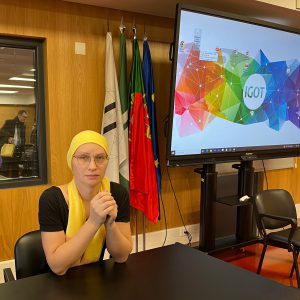
 Prof. Oliver Reisner, Ilia State University, Tbilisi, visiting researcher at RUCARR, will give two seminars. Welcome to join us on campus or Zoom:
Prof. Oliver Reisner, Ilia State University, Tbilisi, visiting researcher at RUCARR, will give two seminars. Welcome to join us on campus or Zoom: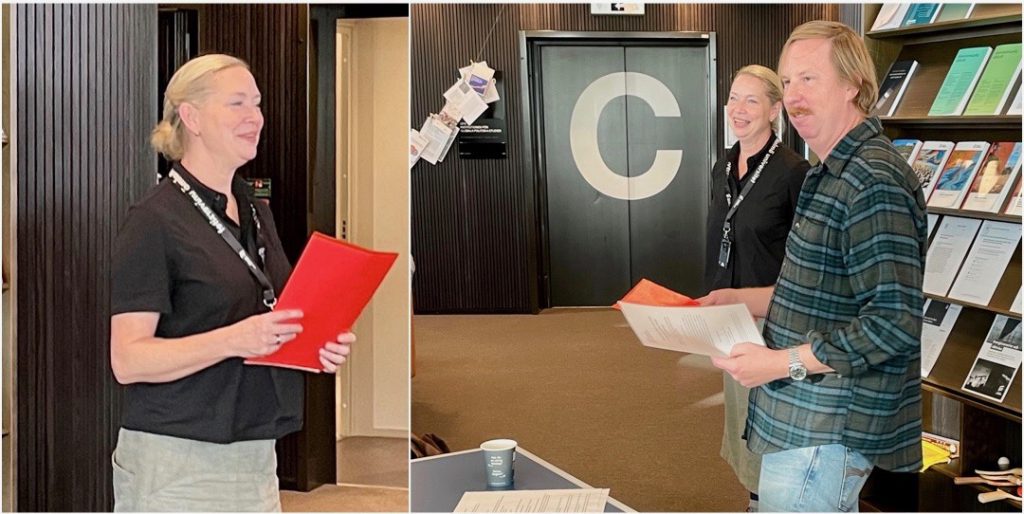
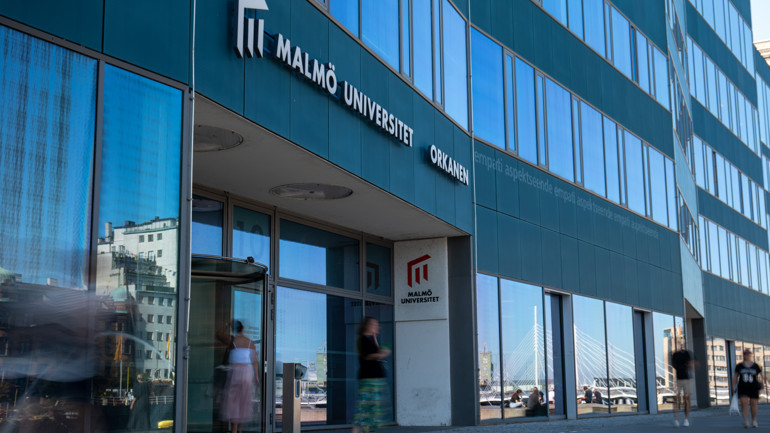 Dr Aliona Yarova presents a Crafoord-funded postdoc project in which she has explored the societal and educational potential of Ukrainian children’s literature about the war. The talk, which is co-organized by the Faculty of Education and the University Library, will focus on her research in Ukrainian children’s literature, her collaboration with the NGO Poruch and her work with the “Schools of Peace”-project. The exhibition will feature some examples of children’s artworks – the result of creative writing workshops with three Ukrainian schools as well as an award-winning map of Ukraine made by the children which was displayed at the University of Tartu Art Museum. She will also discuss about the project’s future prospects, ideas of collaborative funding applications and a possibility to organize an exhibition showcasing children’s works.
Dr Aliona Yarova presents a Crafoord-funded postdoc project in which she has explored the societal and educational potential of Ukrainian children’s literature about the war. The talk, which is co-organized by the Faculty of Education and the University Library, will focus on her research in Ukrainian children’s literature, her collaboration with the NGO Poruch and her work with the “Schools of Peace”-project. The exhibition will feature some examples of children’s artworks – the result of creative writing workshops with three Ukrainian schools as well as an award-winning map of Ukraine made by the children which was displayed at the University of Tartu Art Museum. She will also discuss about the project’s future prospects, ideas of collaborative funding applications and a possibility to organize an exhibition showcasing children’s works.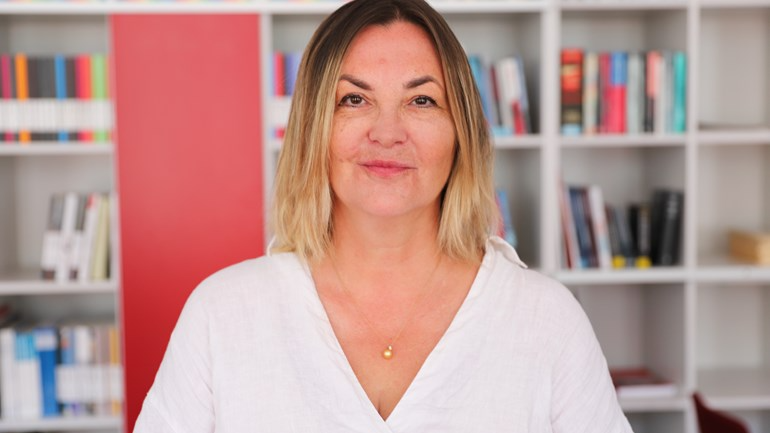 Professor Irina
Professor Irina